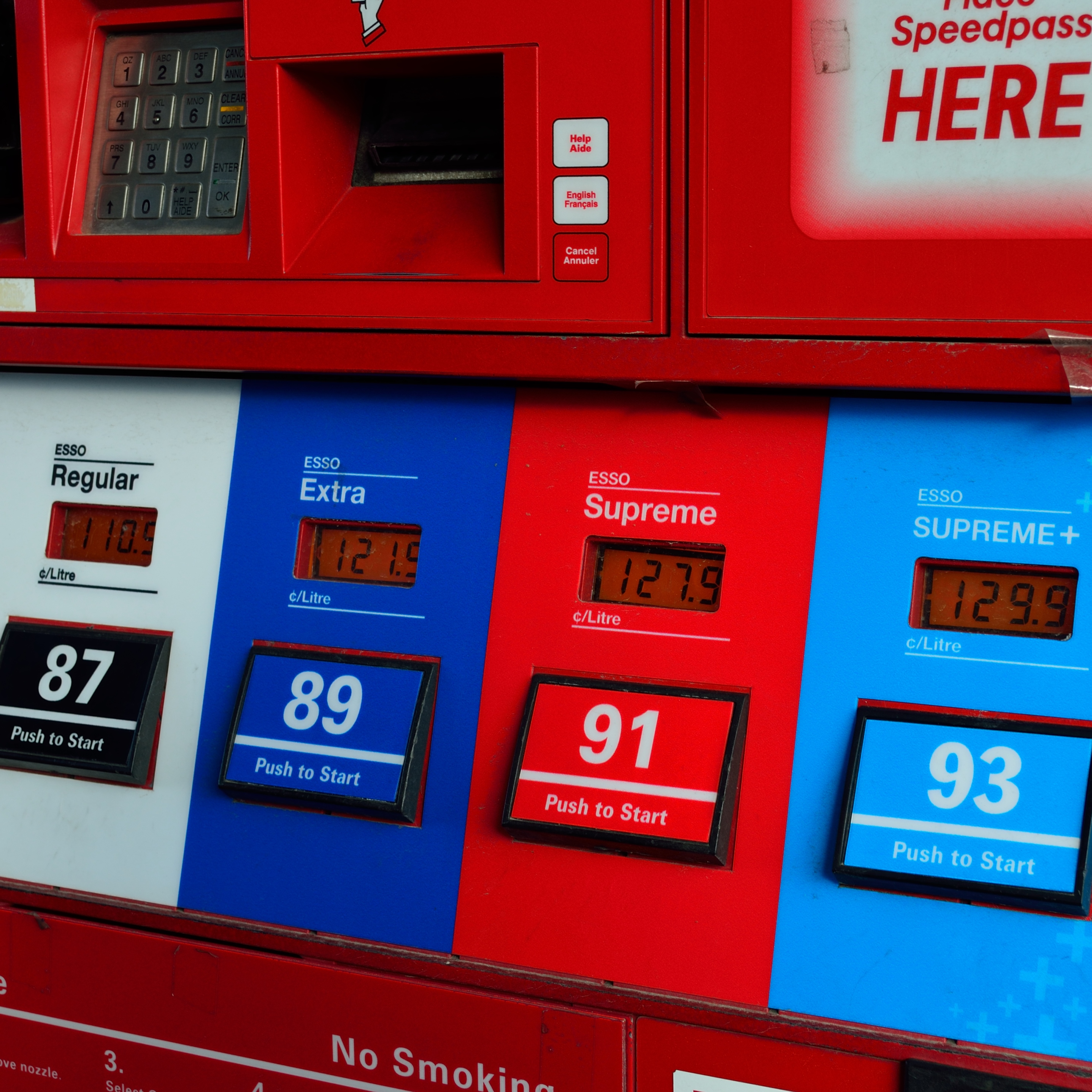
The national average price for a gallon of regular gasoline fell to $1.82 Monday morning, after posting a benchmark reading of $1.825 at about 3:30 a.m. That’s a decline of $0.074 from last week’s average and $0.184 from last month’s average. Year over year, gasoline is selling for nearly 21 cents a gallon below last year’s price.
Monday morning’s price is the lowest since January 2009, the midst of the recession, according to analysts at GasBuddy. Even though crude oil prices rose by more than 9% last week, the increase came in the last two days of the week and crude prices had given back about 2% so far Monday morning and briefly traded below $31 a barrel.
The states seeing the largest declines in gasoline prices last week were Michigan (13.4 cents), Ohio (13.0 cents), Indiana (12.9 cents), Illinois (11.6 cents) and California (9.9 cents).
The smallest declines came in Alaska (2.3 cents), Hawaii (2.6 cents), Rhode Island (2.8 cents), Delaware (2.8 cents) and Maryland (2.9 cents).
The five states where gas is most expensive are California ($2.67 a gallon), Hawaii ($2.63), Alaska ($2.39), Nevada ($2.34) and Washington ($2.23).
[ims_survey]
Gasoline is cheapest in these five states: Oklahoma ($1.51 a gallon), Missouri ($1.53), Indiana ($1.54), Ohio ($1.55) and Michigan ($1.59).
The cities with the cheapest gas are Tulsa ($1.447 a gallon), Indianapolis ($1.458), Champaign ($1.464), Lansing ($1.466) and Toledo ($1.471).
The 12 cities with the most expensive gas are all in California, led by Los Angeles ($2.823) and Ventura ($2.814).
GasBuddy noted that daily savings for U.S. driver compared with the same day in 2015 total $80 million a day. The analysts don’t expect last week’s crude oil spike to have any lasting effect. Demand for gasoline is likely to fall further this week as cities like New York and Washington spend more time digging out than driving.
Get Ready To Retire (Sponsored)
Start by taking a quick retirement quiz from SmartAsset that will match you with up to 3 financial advisors that serve your area and beyond in 5 minutes, or less.
Each advisor has been vetted by SmartAsset and is held to a fiduciary standard to act in your best interests.
Here’s how it works:
1. Answer SmartAsset advisor match quiz
2. Review your pre-screened matches at your leisure. Check out the advisors’ profiles.
3. Speak with advisors at no cost to you. Have an introductory call on the phone or introduction in person and choose whom to work with in the future
Get started right here.
Thank you for reading! Have some feedback for us?
Contact the 24/7 Wall St. editorial team.



